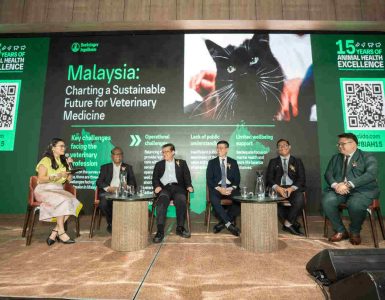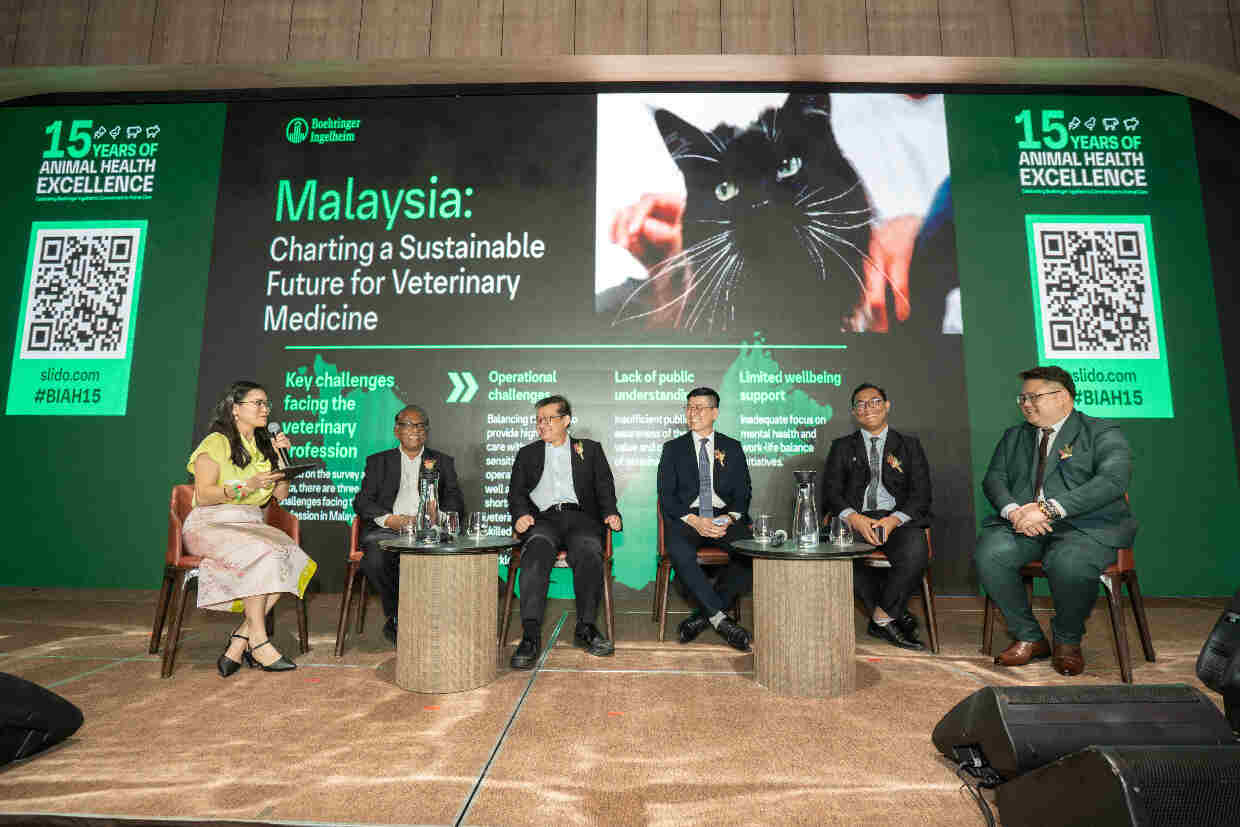A local council official recently claimed that pet owners are responsible for 70 percent of the country’s animal cruelty incidents now.
Klang Municipal Council (MPK) health director, Zulkifli Abbas, when speaking at an animal cruelty seminar last Friday, said pet owners have always “used the ‘love’ word as a piece of paper.”
“They claim they love animals. But if they don’t want it tomorrow, they will throw it away,”
“But this causes problems for their neighbours,” he (right) said.
He added that local authorities only cause 30 percent of the animal abuse cases now.
He said someone once complained to MPK that his neighbour allowed a pet dog to sleep on a patch of land exposed to the sun and rain, while did not feed or bathe it.
“When MPK officials tried to talk to the owner and explain the complaint, he refused to talk to us.
“He said he loved the dog. I don’t know what love means to him if he doesn’t even feed the dog,” Zulkifli said.
Many of them will also throw away new-born puppies because they don’t want extra pets, he added.
Zulkifli was responsible for announcing the suspension of the MPK dogcatcher team last year after hundreds of residents protested against its inhumane methods of catching stray dogs.
Zulkifli was invited to speak at the seminar organised last week by MBPJ canine advisory team (CAT) chairman, Anthony Thanasayan, which saw local council health directors, veterinary service department officials and activists taking turns to explain their views on animal cruelty.
MPSJ health department assistant director, Roslan Mohd Hussin (second from right) said that 65 percent of the council’s complaints in a month concern stray dogs, cats and mosquitoes.
To attend to the complaints, the council holds two meetings every week, he said.
He said the council applies the humane “rope and loop” method in catching stray animals, but the effort is oft-undermined by residents who attack dogcatchers, hide strays and supply food to strays.
“Some of them will even throw bottles at dogcatchers and intimidate them,” he said.
However, Zulfifli admitted that local councils used to be incompetent in handling strays, and this has only improved recently after they sought advice from CAT of MBPJ.
Local council are empowered under Section 76(1) and 81(1) of the Local Government Act to catch strays, and to enforce relevant canine licensing bylaws in their respective councils.
Meanwhile, animal activist and lawyer Edmund Bon urged the authorities to focus on education as a way to minimise the need for enforcement activity.
“Another way to go about this is to mobilise youths in an area to form an action community to help local councils,” he said.
Thanasayan echoed the comment, saying that NGO activists should work more closely with local councils rather than condemning them.













